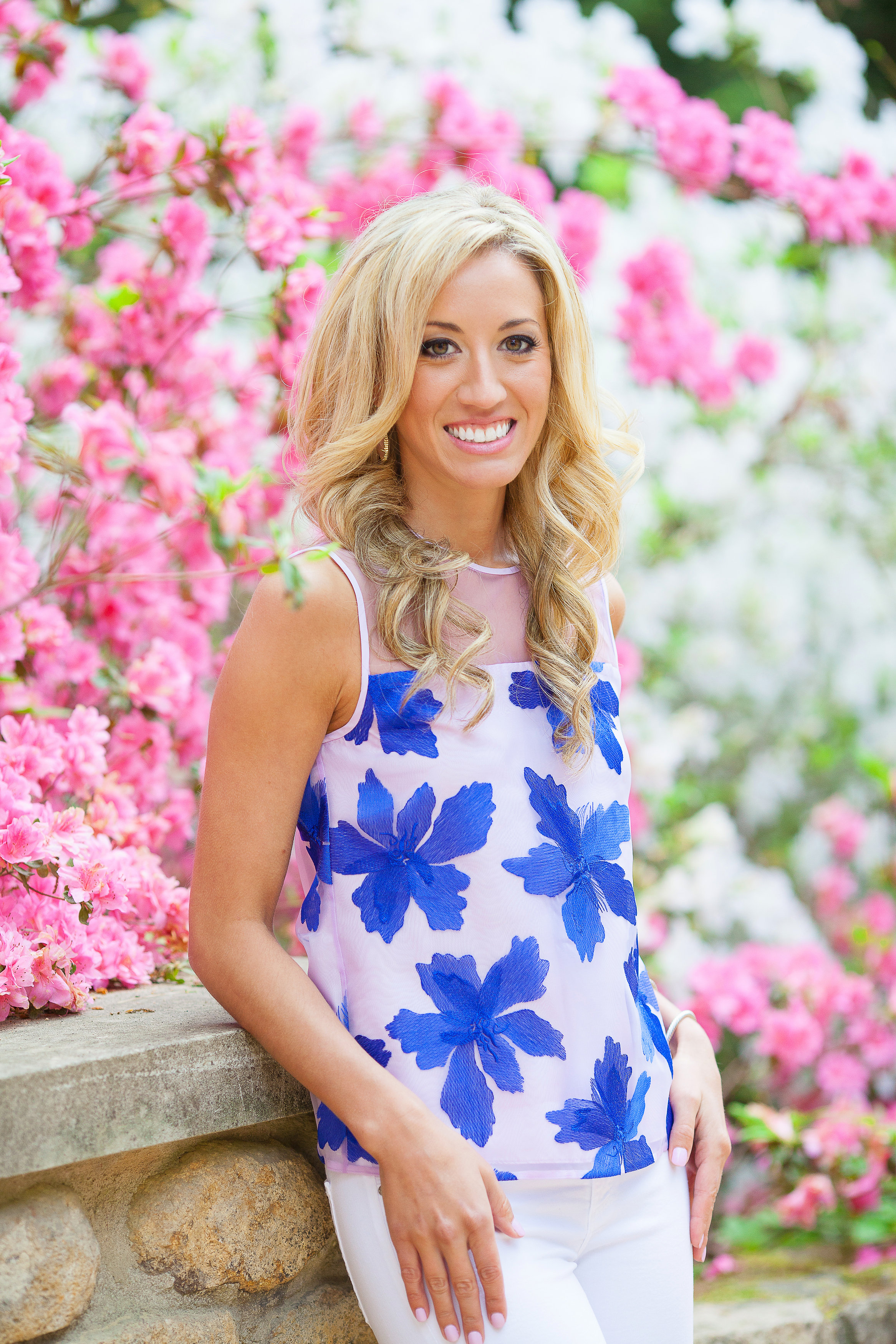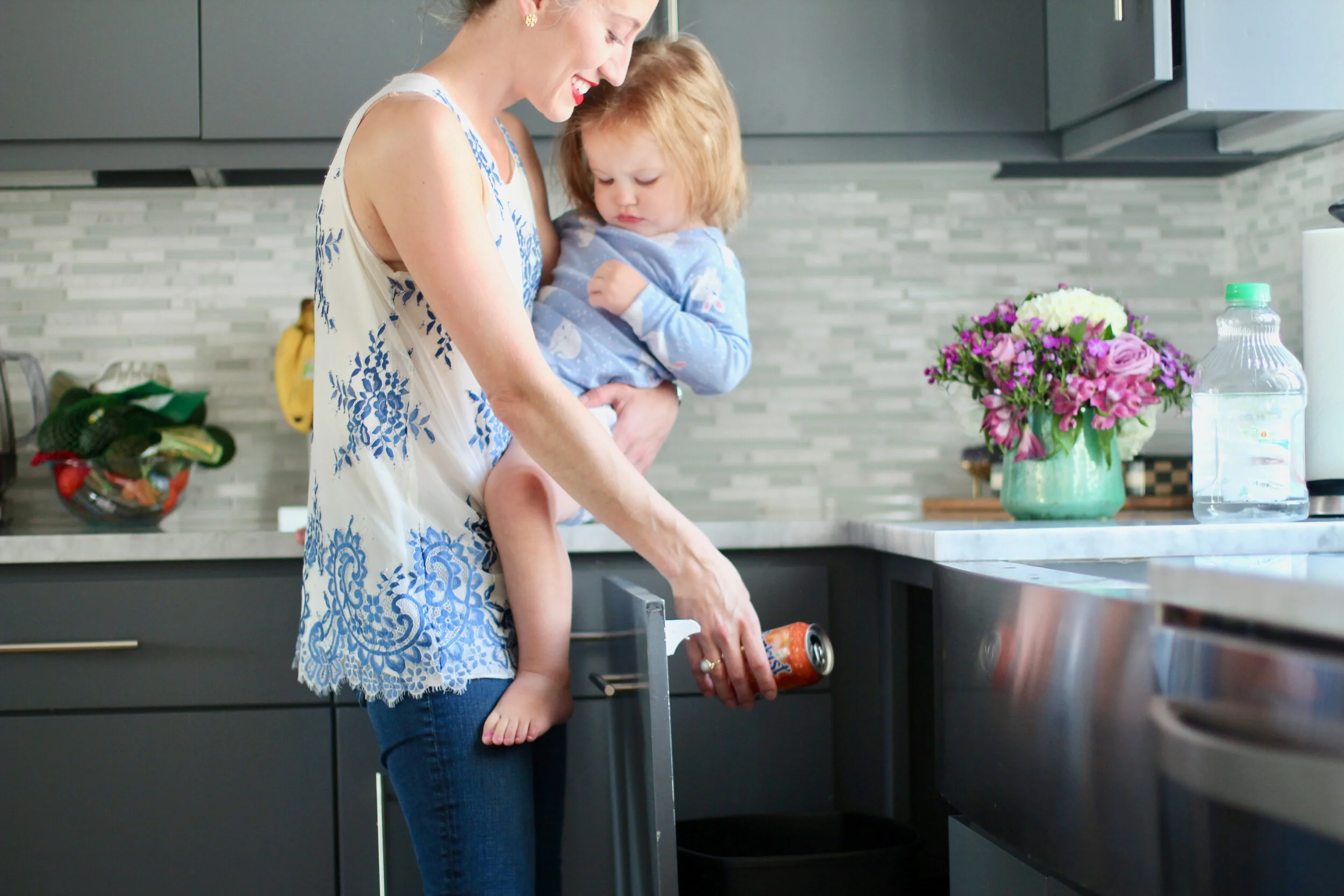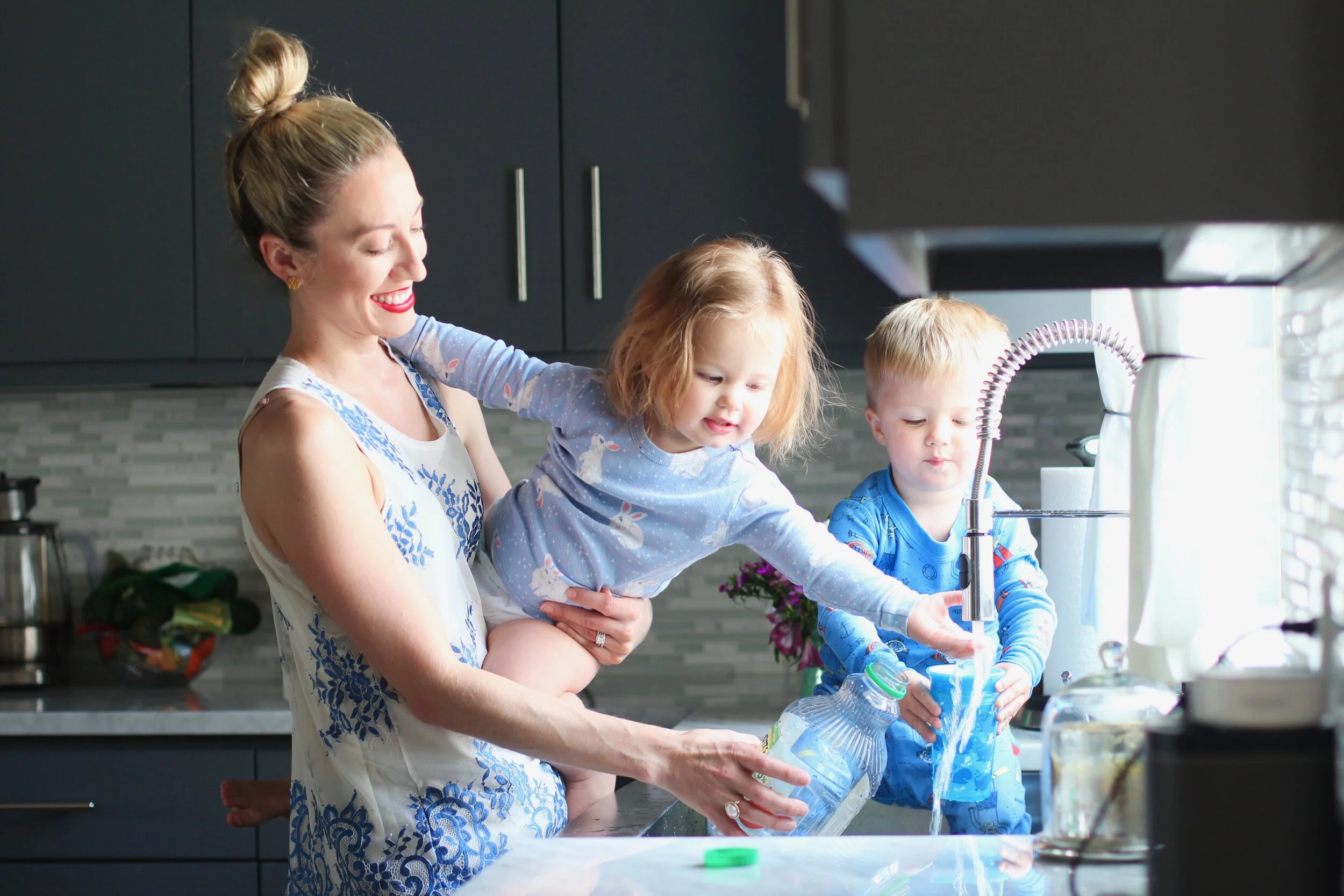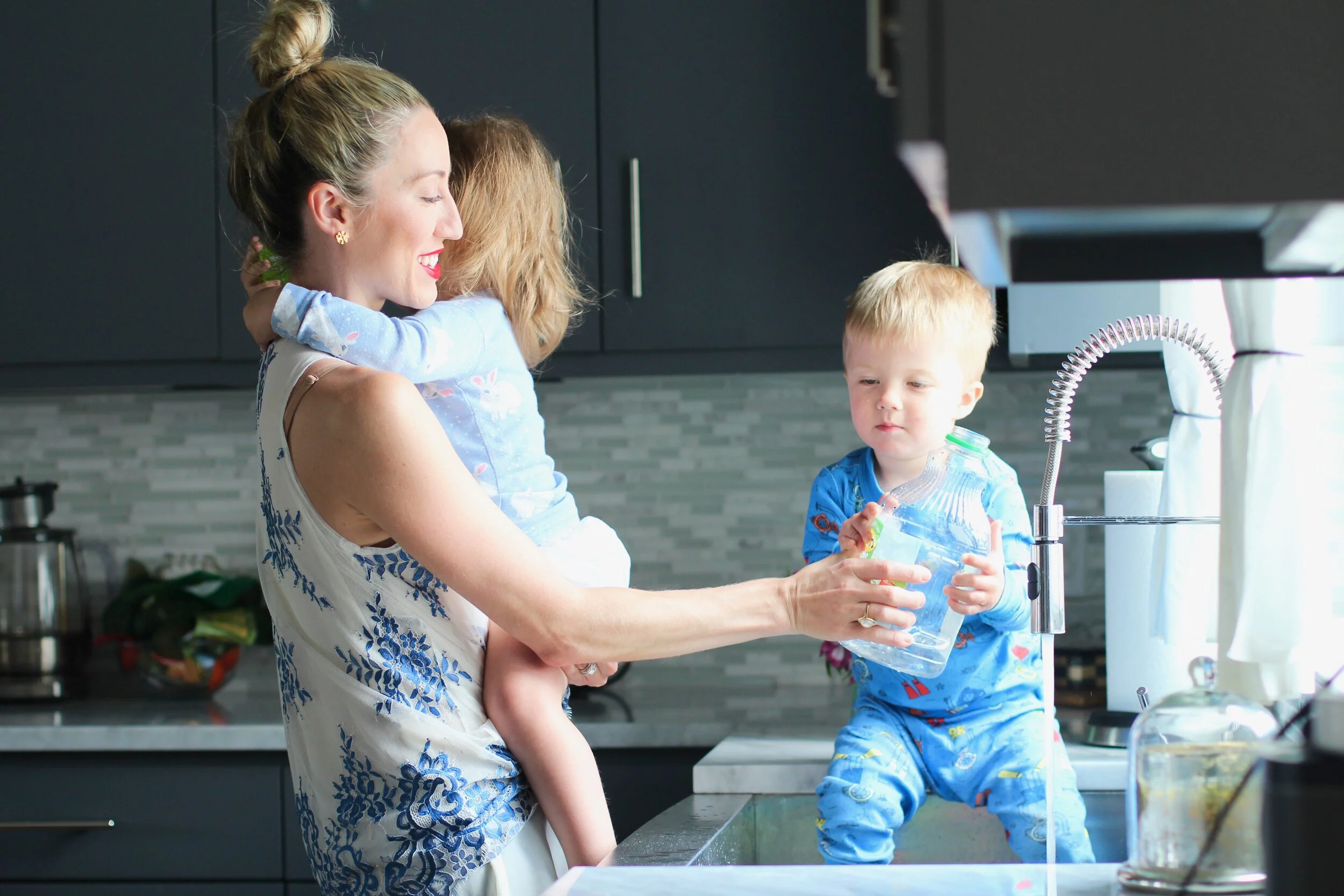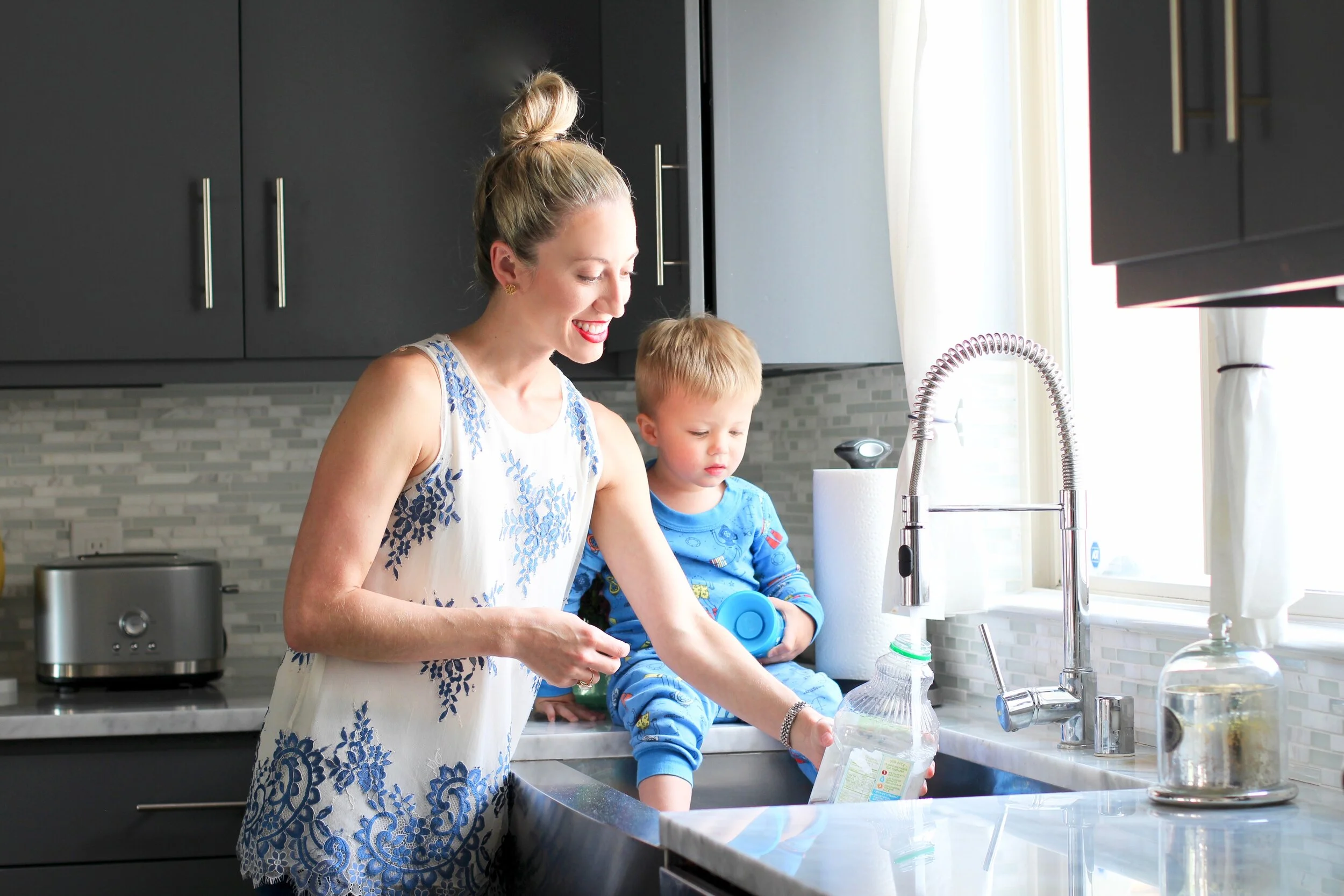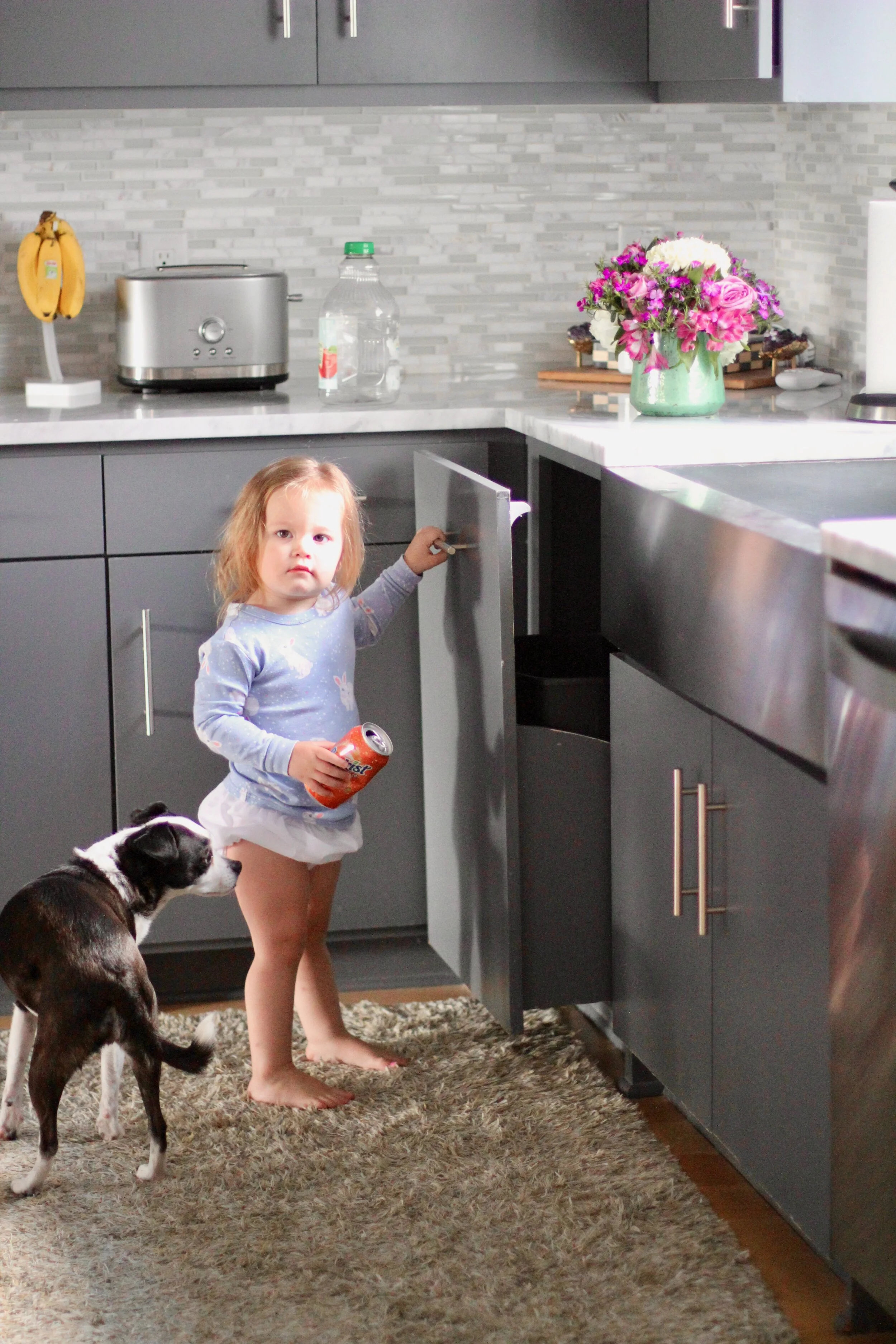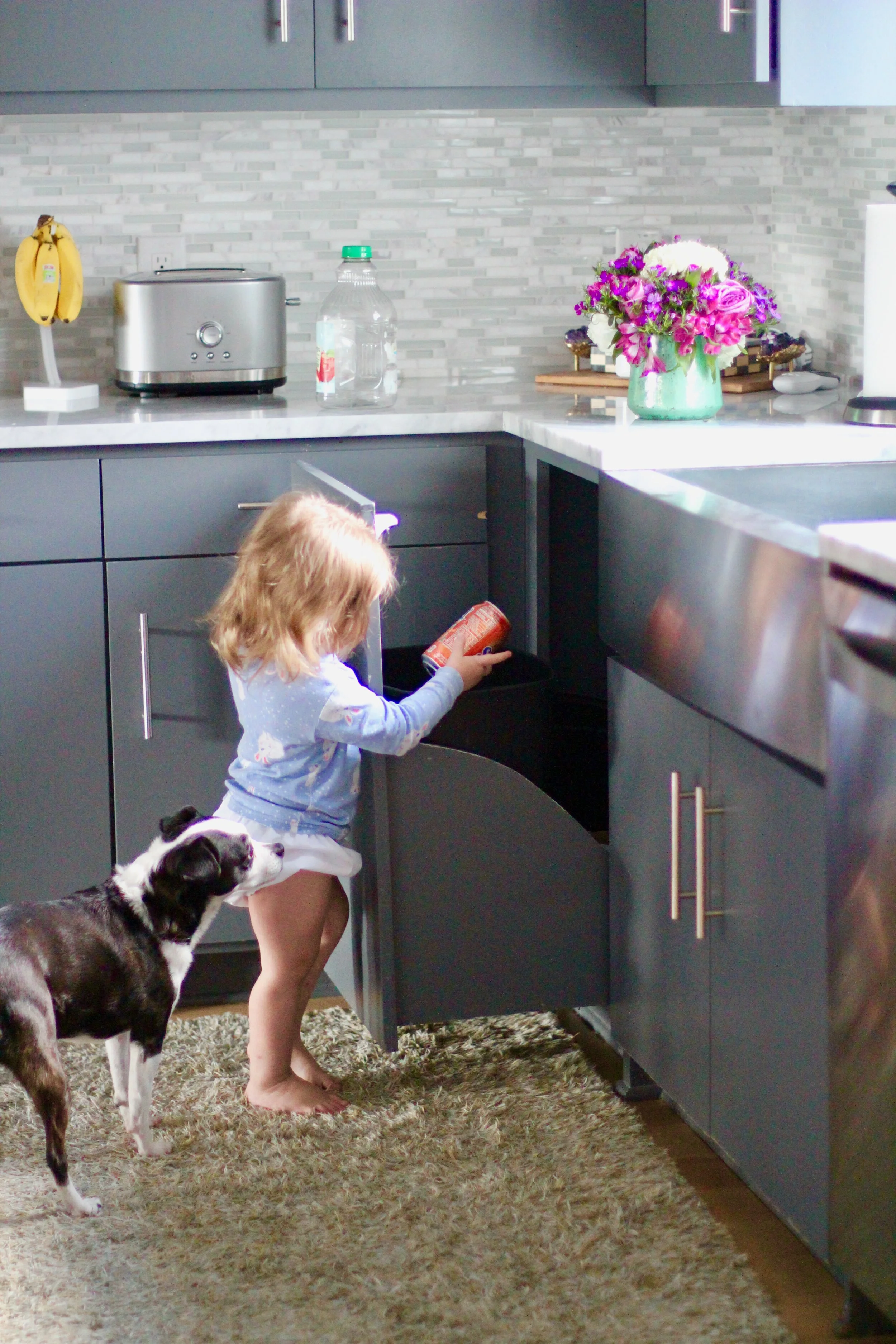9 Tips That Make Recycling a Ridiculously Easy Example to Set for Our Kids
Have I given away pre-loved clothes? Of course. Have I donated used furniture? Absolutely! Have I always recycled in my kitchen? Embarrassingly, NO -- But I’m working on this! I used to think that recycling was more complicated than it actually is. While the act of reusing items has been a long-term practice in our house, the act of properly recycling items is something my husband and I have only just begun to work on this year.
Having children changes you. It makes you want to live “in the now” more, but it inevitably forces you to also think about the distant future—like the environment our kids and our kids’ kids will live in one day. My twins are turning 2 next month. You know what that means? Good ol’ imitation is the name of the game these days! Seeing my kids copy everything I do makes me stop and think about what I’m saying and doing every single day. I want to foster positive habits in my twins. I say “please” and “thank you” for them to mimic me. I eat my vegetables (even when I don’t want to) for them to mimic me. And now, I’m making a conscious effort to be a better recycler—for my kids to mimic me! If you’re in the same boat, then below are 9 quick and EASY tips to know about residential curbside recycling.
THE 9 TIPS
1. Know what to throw. Don’t “wish-cycle!”
Did you know that ~30% of what the average person throws in their recycling bin isn’t actually supposed to be there? This was news to me! But I totally believe it. In our neighborhood here in Dallas, each house is automatically given two large trash cans--one for regular trash and one for recycling. So, we might as well know how to use them! Here are the simple categories that CAN be recycled:
1) paper and cardboard
2) metal or aluminum cans
3) plastic bottles and jugs
4) Glass--DEPENDING on your city. In the city of Dallas, glass bottles and jars are accepted. Make sure you check with your city’s requirements before including glass.
2. Empty. Clean. Dry.
Since recycling containers don’t allow soiled or wet materials, it’s prudent to empty, clean, and then dry the items first. Do you know what happens if just one milk jug has a bit of milk residue still left on the inside? It contaminates the ENTIRE recycling truck. So just do a quick rinse of that empty milk jug or ketchup bottle and dry it off before you toss it in the bin.
3. Don’t bag it!
No trash bags belong in the recycling bin. Since we often bag our regular trash, it might seem natural to do the same for recyclable trash, but bagging is a no-go. Empty the trash out straight into the recycling container.
4. Know what NOT to throw in recycling bins.
Here’s a list of items that CANNOT be recycled: plastic bags or wrappers, foam packaging, food, electronics or batteries, yard waste, diapers (whether clean or dirty), soiled or wet paper (including coffee cups and sticky notes!), clothing or shoes, tools, toys, construction waste, or medical items (such as needles).
5. When in doubt, throw it out.
If you’re ever in a circumstance where you’re unsure of whether something qualifies for recycling, just toss it in the regular trash. You don’t want to contaminate the entire truck’s collection!
6. Make sure whatever you’re throwing in the recycling bin is bigger than a credit card.
Sometimes small items, like bottle caps or plastic lids, can clog up processing machines.
7. Learn the plastic poke test.
If the plastic in question is thin enough for you to poke your finger through it, then it goes in the regular trash instead.
8. If your recycling container has an odor, then it’s probably contaminated.
If this happens, then you should ensure everything inside is empty, clean, and dry.
9. Educate yourself AND your kids—because everyone has a part in recycling!
Visit Recycling Simplified, Republic Services’ education campaign website, for more information about tips and resources aimed at decreasing contamination rates and making everyone better recyclers. There you can find plenty of free resources for everyone, including teachers.
Recycling really isn’t all that hard, is it? Here’s to raising my twins to know the do’s and don’ts of recycling and for you to hopefully join me. And if you don’t do it for any other reason, do it for yourself and your kids (and your kids’ kids!). Small steps like this go a long, long way. Happy recycling!
